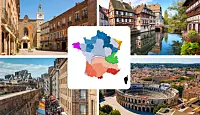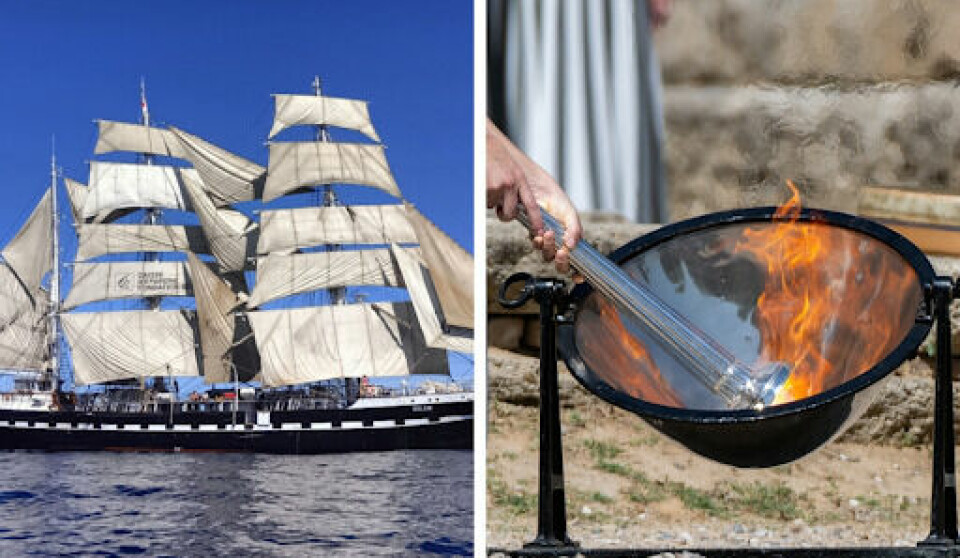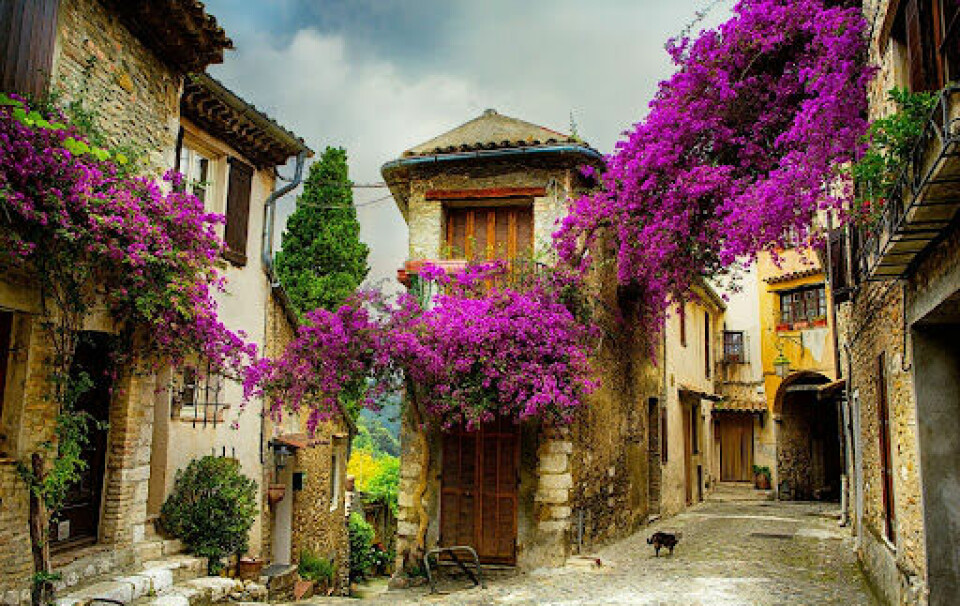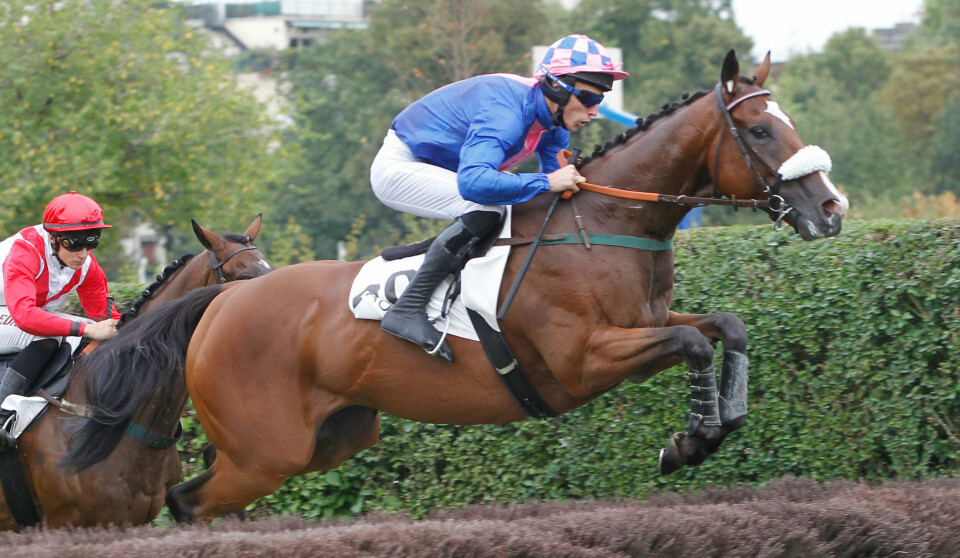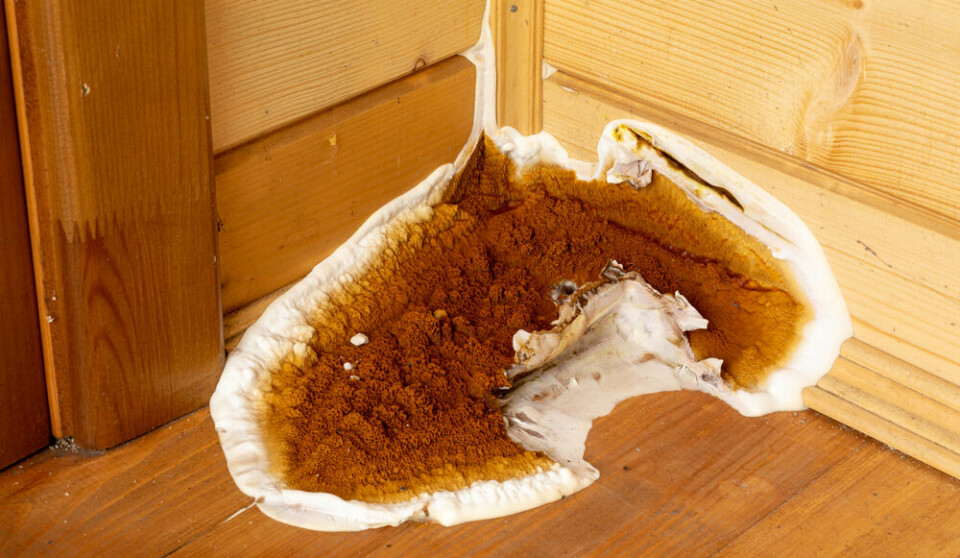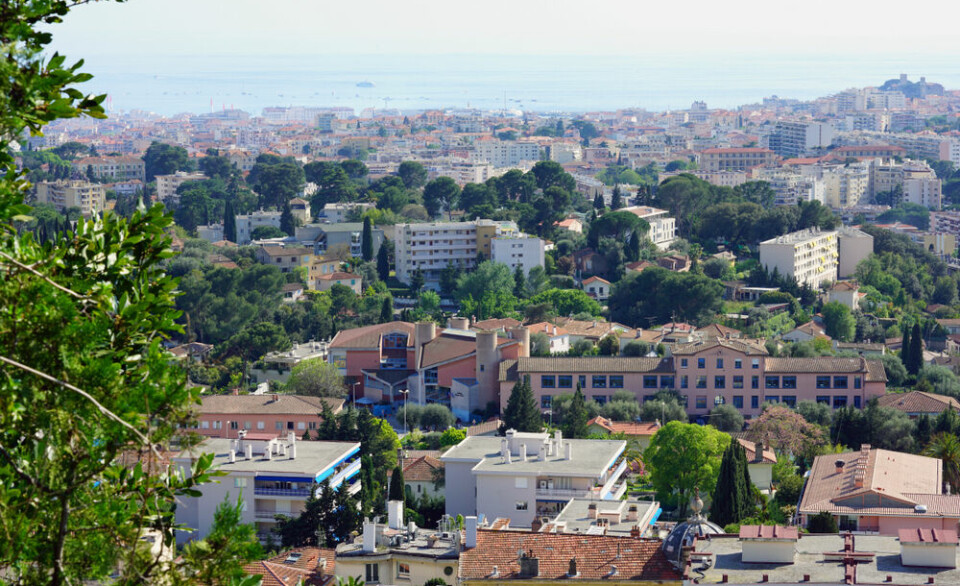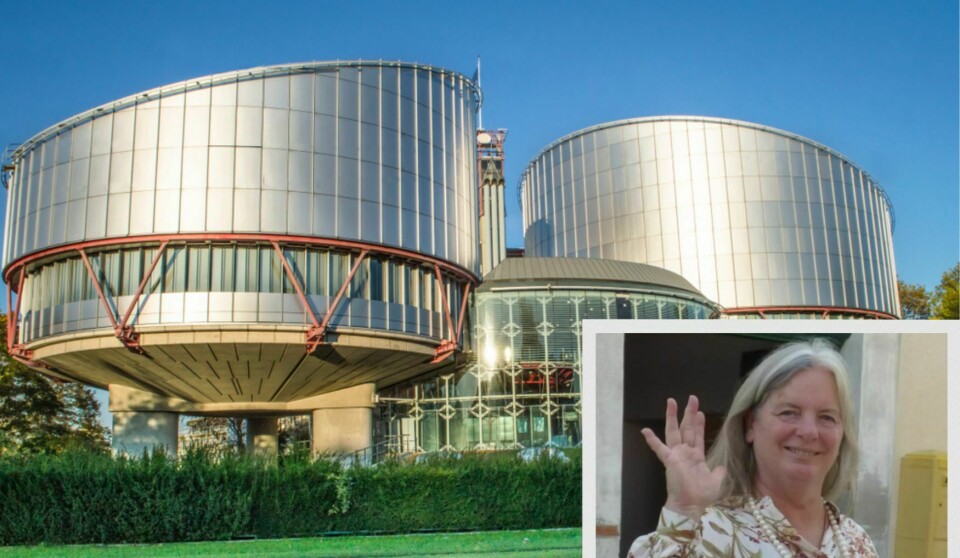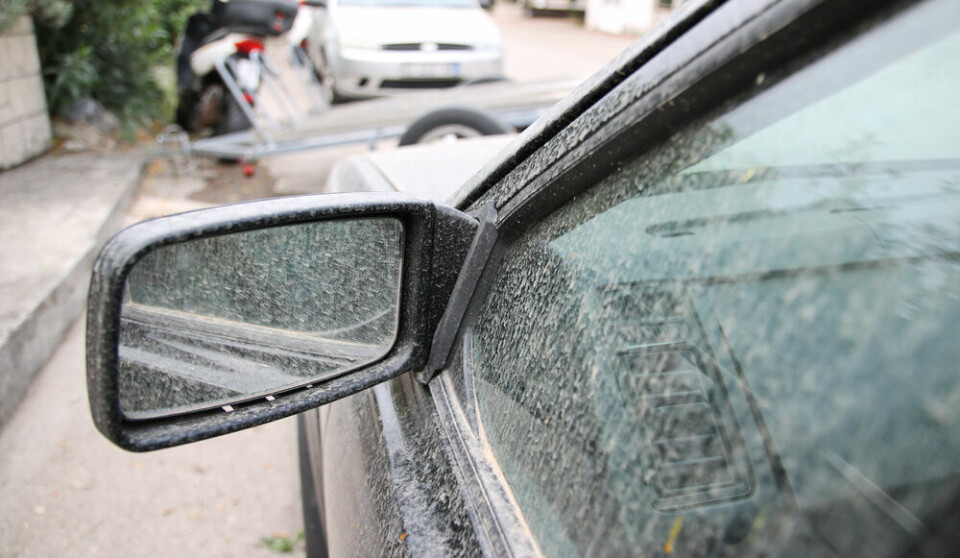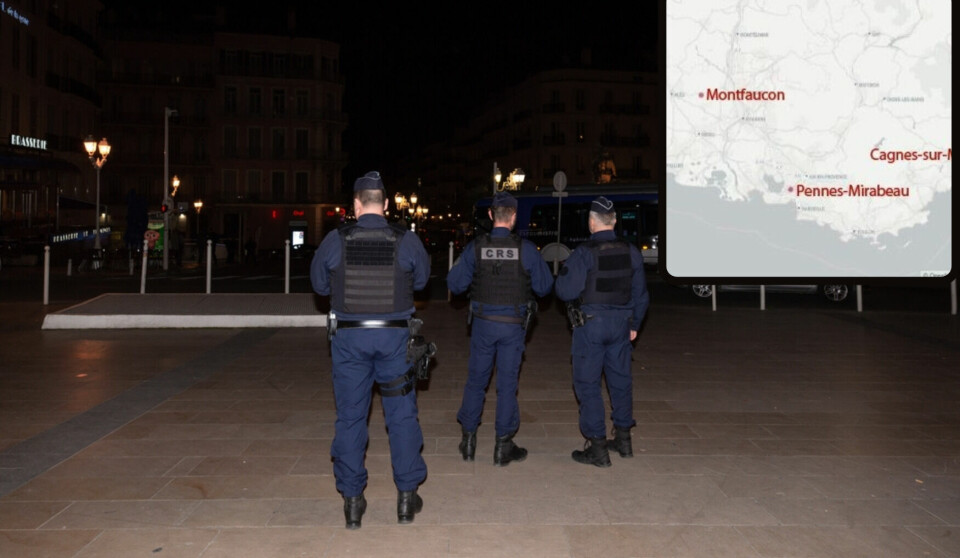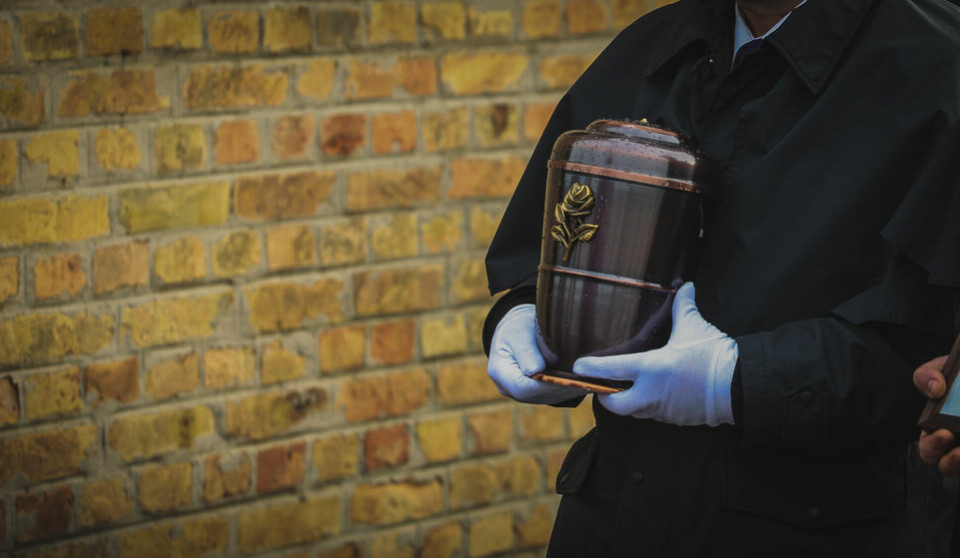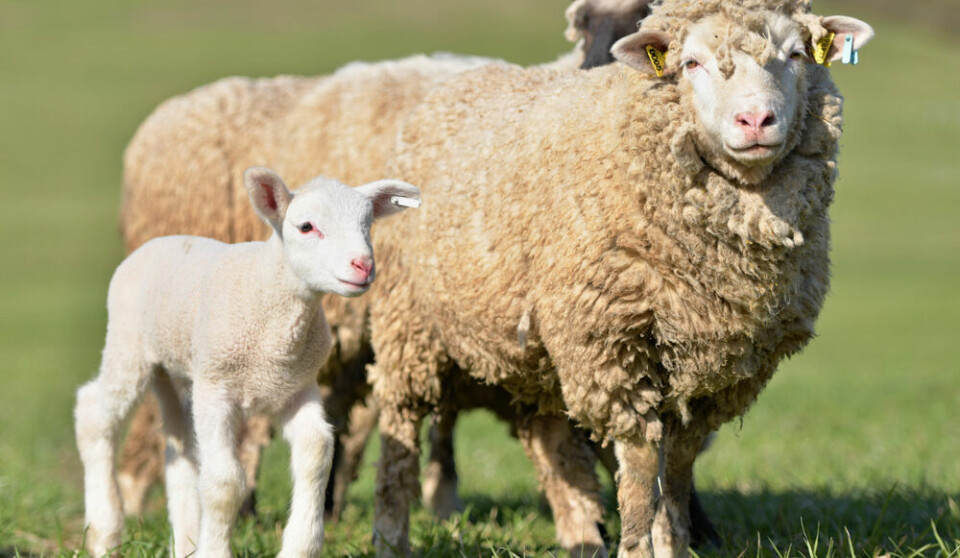-
Opinion: Another week off – how I love living in France
One of the many things I adore about the French is their attitude to time off.
-
Paris hospital dog trial goes from strength to strength
An English setter rescue dog at one of the world’s top cancer hospitals in Paris has been described as “a bubble of oxygen”
-
Map of French accents: which do you prefer?
From the major division between north and south to the departments split in two - everywhere has one
A chateau is just a home, even for François Fillon
When is a house a chateau, when is it a manoir and when is it simply a maison? Ask the French presidential candidate

French commentators asked the question after Les Républicains presidential candidate François Fillon described his elegant 14th and 18th-century country property – which comes complete with tower, wing, chapel and outbuildings – as a maison.
Most might feel it is a bit grander than a ‘house’, but should it be termed a chateau or a manoir?
Luxury property magazine Propriétés, published by Le Figaro, says estate agents selling prestigious properties cannot always agree on the differences but concludes that over time, the terms chateaux and manoirs have merged to mean much the same thing – and potential buyers should make up their own minds.
However, Mathieu Barascou, who writes the blog for Barnes luxury international estate agency, does think that there is a distinction: “There are physical differences between the two but they are, above, all historic and cultural.
“Chateaux have existed since Roman times but it was in the Middle-Ages they acquired the definition we all know today, that of a fortified, elegant dwelling, witnessing the high social status of the owner.
“The manoir appeared later, just after the Hundred Years’ War, in the 15th century.”
He said the homes of kings, lords and barons were called chateaux and they were often built in or near towns.
A manoir was the home of an aristocrat or a nobleman and they were often built in the country, where they included agricultural land for which the owner of the property was responsible.
“The most obvious difference between manoirs and chateaux is their size. As they were often used to defend towns, chateaux had the biggest fortifications, big towers and a developed architecture. Manoirs are smaller and fill the space between chateau and farm. A chateau is synonymous with power and riches; the manoir is too, but to a lesser degree.”
Owners do, however, have an element of choice in the way they name their homes.
Bruno de la Brosse, of estate agents Peterson.fr in Vannes knows the previous owners of Fillon’s property, Beaucé near Solesmes in Sarthe, and feels the terminology is subjective.
He said the previous owners also called the house a maison and added: “I would call it a manoir. So why would François Fillon call it a house? Simply because he is a modest family man and Penelope, his wife, is a discreet and modest woman.
“I lived in a manoir when I was a child but we called it a house. Other French people might call the same building a chateau if they lived in it, because they would want to show how successful they had been.”
The Fillons may also have needed a large house for family visits. Penelope is Welsh and her younger sister Jane is married to Mr Fillon’s younger brother Philippe.
At their simplest, chateaux were built by someone with an military or administrative role while the manoir was built by someone living off the produce and income from the attached farm or farms.


